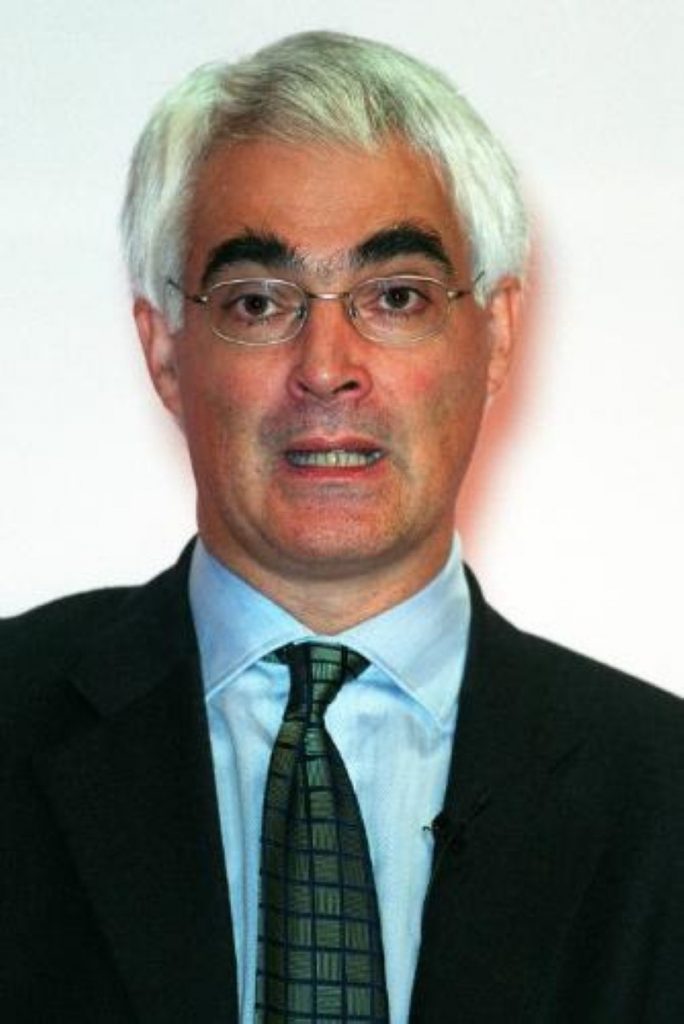Darling – Too early to draw train crash conclusions
Transport Secretary Alistair Darling today said it was too early to draw conclusions about the cause of Saturday’s rail crash in Berkshire.
Mr Darling said that safety issues surrounding level crossings were constantly being examined, but it was not practical to remove them.
His comments come amid calls by the RMT union for level crossings to be removed from all high-speed lines.
Seven people were killed in the crash at Ufton Nervet when a First Great Western train hit a stationary car on a level crossing at over 100mph. Police are investigating the theory that the driver parked his car on the railway line to commit suicide, but have not ruled out other possibilities.


Mr Darling told the BBC’s “Today” programme: “At this stage the police are still investigating. Until we know what happened and are clear about what happened, it is a bit premature to draw conclusions.
“The police have found an eye witness who was an off-duty police officer and he had been extremely helpful, but as the chief constable of the British Transport Police said yesterday it would be very unwise for them not to look at all the possibilities before they draw definite conclusions.”
He said it might not be “practical or a desirable outcome” to remove level crossings, although there was a case for looking at how they could be made safer.
RMT general secretary Bob Crow has called for a feasibility study into removing of level crossings, first on high-speed lines and then completely.
“The only way you are going to change this is by either building tunnels under the track, or bridges over the track,” he said.
But Mr Darling called for a “degree of perspective”. There have only been two incidents in the last 35 years involving accidents at level crossings where train passengers – as opposed to pedestrians or motorists – have been killed.

